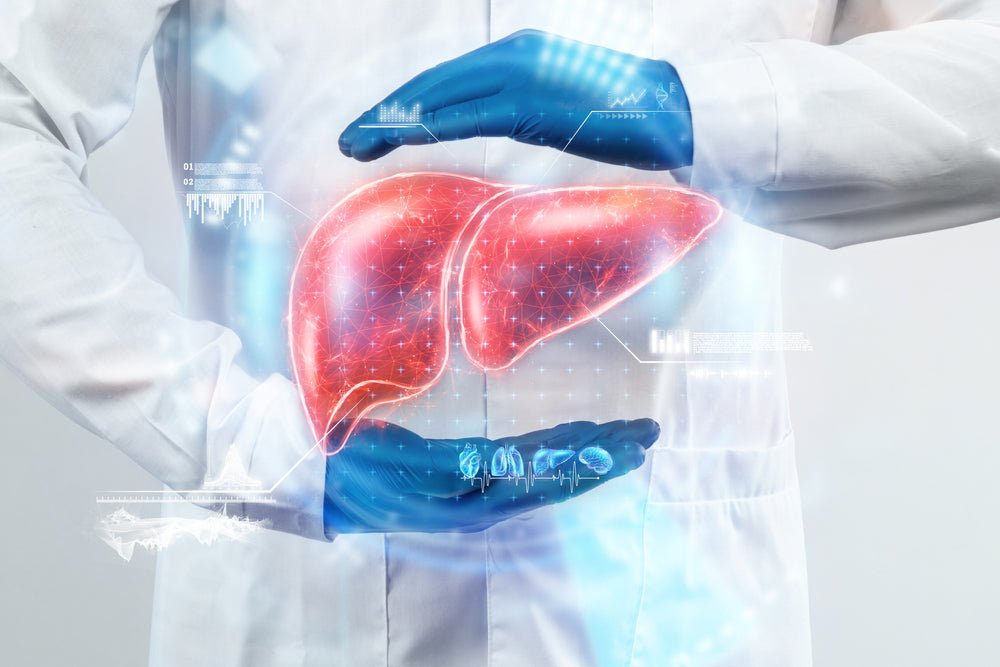- Stay Hydrated:
Proper hydration is essential for optimal liver function. Water helps flush toxins from your body and aids in digestion. Aim to drink at least 8 glasses of water daily, and consider starting your day with a glass of warm water and lemon to kickstart your liver.
- Eat a Balanced Diet:
A well-balanced diet supports liver health. Focus on consuming plenty of fruits, vegetables, whole grains, and lean proteins. Avoid excessive consumption of processed foods, saturated fats, and added sugars, which can burden the liver.
- Watch Your Alcohol Intake:
Excessive alcohol consumption can damage your liver over time. If you choose to drink alcohol, do so in moderation. For women, this generally means up to one drink per day, and for men, up to two drinks per day.
- Limit Added Sugars:
High sugar intake can lead to a condition known as non-alcoholic fatty liver disease (NAFLD). Reduce your consumption of sugary beverages, candies, and processed foods to support liver health.
- Exercise Regularly:
Physical activity not only helps with weight management but also aids in liver function. Aim for at least 30 minutes of moderate exercise most days of the week.
- Maintain a Healthy Weight:
Excess body weight, especially around the abdomen, can contribute to liver problems. Losing weight through a combination of a healthy diet and regular exercise can help reduce the risk of liver issues.
- Avoid Smoking:
Smoking exposes your liver to harmful toxins and can increase the risk of liver cancer. If you smoke, seek help to quit, and if you don’t smoke, avoid exposure to secondhand smoke.
8. Limit Medication Use:
Excessive use of over-the-counter and prescription medications can strain your liver. Only take medications as directed by a healthcare professional and avoid combining multiple drugs without their guidance.
9. Manage Stress:
Chronic stress can negatively impact your liver’s health. Practice stress-reduction techniques such as mindfulness, meditation, yoga, or spending time in nature to support a healthy liver.
10. Get Vaccinated:
Consider getting vaccinated against hepatitis A and B if you haven’t already. Vaccination can help prevent these viral infections that can lead to liver damage.
11. Regular Check-ups:
Schedule regular check-ups with your healthcare provider to monitor your liver function and address any concerns promptly.
Incorporating these simple lifestyle changes into your daily routine can go a long way in promoting a healthier liver. Remember that your liver’s health is closely linked to your overall well-being, so taking steps to care for it can lead to a happier and healthier life.

